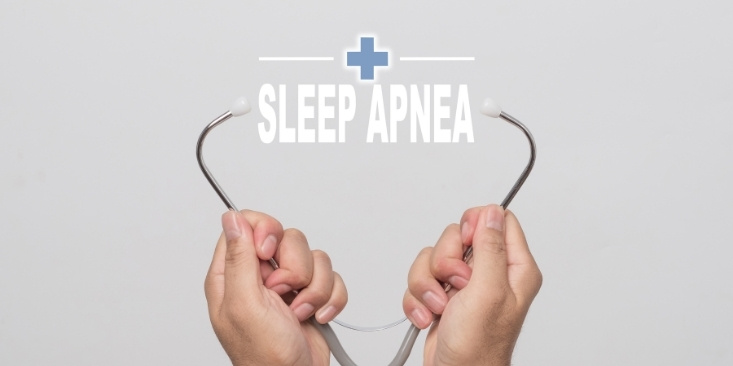Lifestyle Changes to Manage Sleep Apnea

Sleep apnea is a condition that disrupts your breathing pattern while you sleep. Constant disruptions in sleep lead to poor rest and potential health risks.
There are medical treatments available for this condition like CPAP therapy. However, nothing can beat simple lifestyle habits when it comes to sleep apnea. With some simple changes in your lifestyle, you can reduce your symptoms and improve overall sleep quality.
Simple adjustments in daily habits can help open your airways, promote better breathing, and support your overall well-being.
Here are some of the key changes in lifestyle that can ensure a positive outcome.
1. Maintain a Healthy Weight
When you have an excess weight around your neck, it might put extra pressure on the airway. This situation makes you more likely to collapse during sleep. Even if you lose a small percentage of body weight, your symptoms may improve.
How to achieve it?
- Have a balanced diet rich in lean protein, whole grains, and vegetables.
- Stay away from processed foods, sugary snacks, and heavy meals, especially before bedtime.
- If you need, work with a healthcare provider for a personalized plan.
2. Improve Sleep Position
How you sleep can significantly affect your breathing and sleep apnea. Back sleeping often leads to airway collapse. Better sleeping positions are:
- Side sleeping
- You can use a body pillow to prevent rolling onto your back.
- If you are not comfortable with side sleeping, consider a wedge pillow.
3. Adopt a Regular Exercise Routine
Regular physical activity is a good way to strengthen your airway muscles. This practice reduces the severity of sleep apnea symptoms.
- Take a target for at least 30 minutes of moderate exercise for 3-4 days a week.
- Yoga and breathing exercises are another option to enhance your lung function and oxygen intake.
- You can also try throat and tongue exercises to strengthen your airway muscles.
4. Reduce Alcohol and Smoking
If you are into smoking and alcohol, you need to stop these habits immediately. These two habits can make your sleep apnea symptoms worse by affecting the muscles and airway health.
So, why alcohol and smoking is bad?
- Alcohol relaxes your throat muscles and increases airway collapse while you sleep.
- Smoking irritates and inflames your airways, making your breathing more difficult.
- Do not consume alcohol before bedtime; it can worsen your sleep apnea symptoms.
5. Establish a Consistent Sleep Routine
A steady sleep schedule helps regulate your body’s internal clock and improves your sleep quality. A fixed schedule can help reduce the fatigue that you get because of sleep apnea.
How can you create better sleep habits?
- Set a fixed bedtime and wake-up time. Ensure you follow the same routine, even on weekends.
- Avoid screens (phone, tablet, TV) at least one hour before bed to reduce the blue light exposure.
- Create a relaxing bedtime routine, like reading, meditation, or a warm bath.
- Keep your bedroom cool, dark, and quiet before you go to sleep.
With these simple changes in your lifestyle, you can improve your sleep apnea symptoms and overall health. Start with small changes on a daily basis, like maintaining a healthy weight, staying active, and avoiding smoking and alcohol. Indulge in practices that support better breathing and sound sleep.
Need more assistance? Contact our dental clinic today.




